Articles related to Technology

How to Master iA Writer
Tutorials, Tips, and Tricks

Design as Thought
AI and the Future of Design
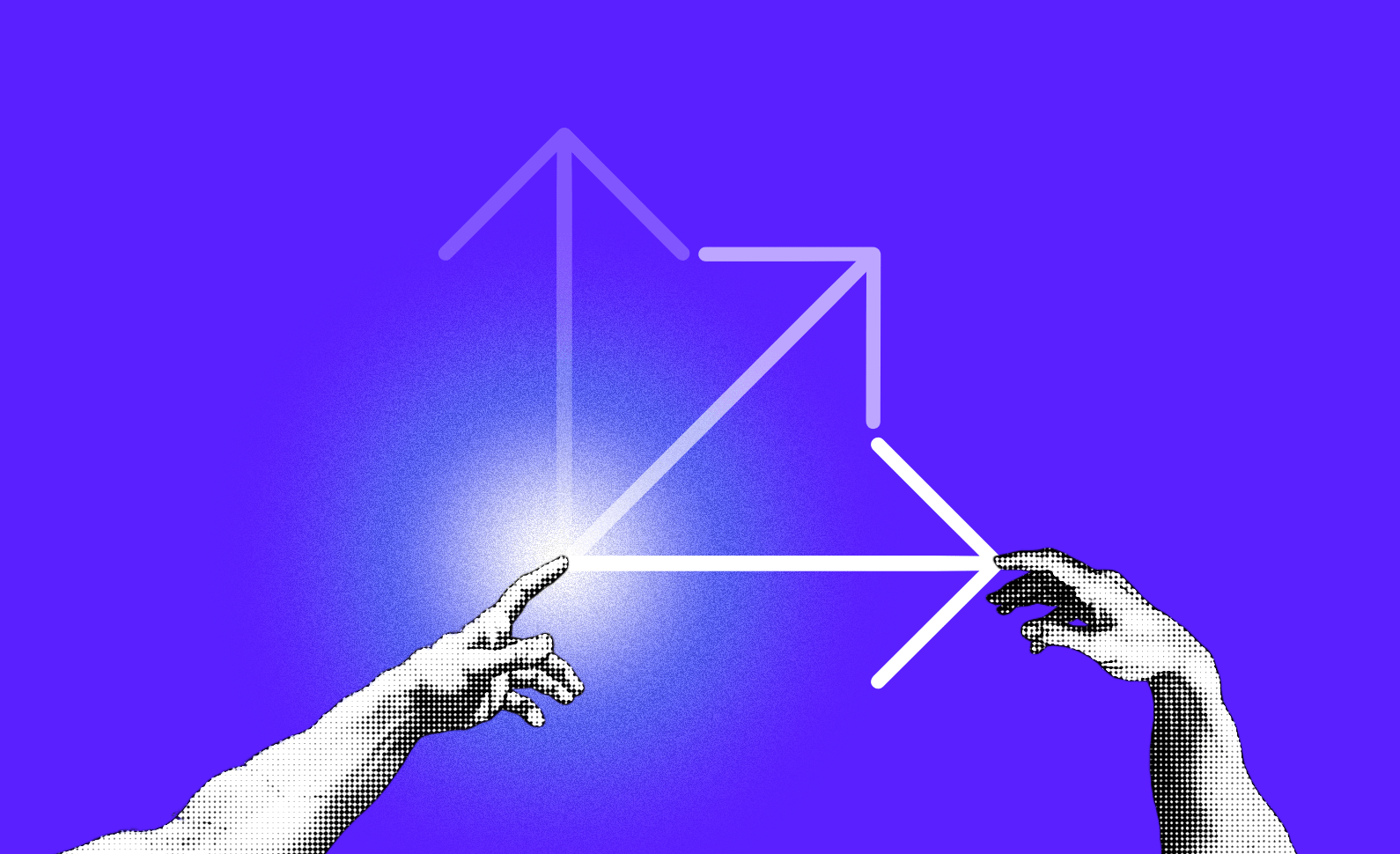
Sharing Presentations Made Easy
iA Sharing is now available in iA Presenter for Mac (beta)

On Apps and Coffee
How many apps does a cup cost... that is here the question

Designed in China, Assembled in California
We don’t resist because we don’t care
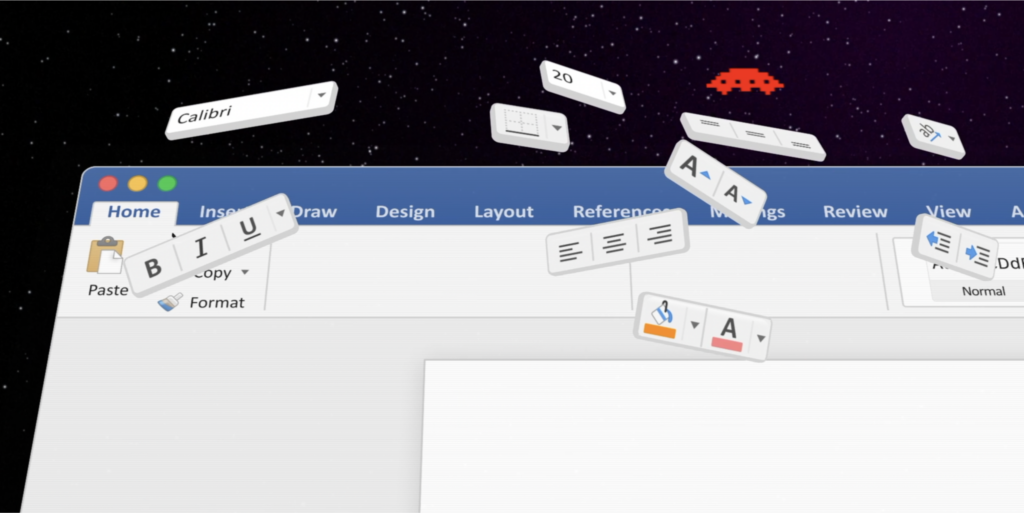
Writer vs. Word
A death match

Computer Poetry
Every time we read a computer-generated text, part of our life gets sucked into a little black electric hole
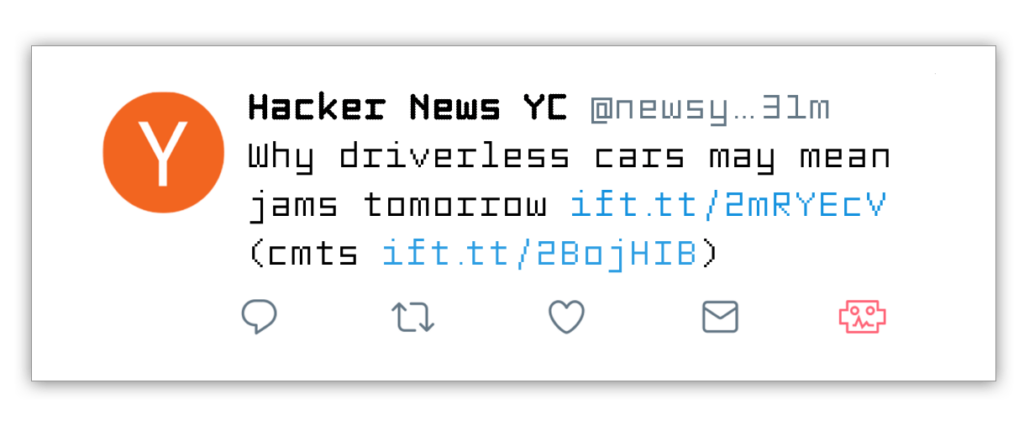
Make Bots Identifiable
Propaganda has become too cheap and easy to resist

Is Time Money?
What happens to people’s time when Bitcoin falls?

Web Trend Map 2018
The key ingredient is missing
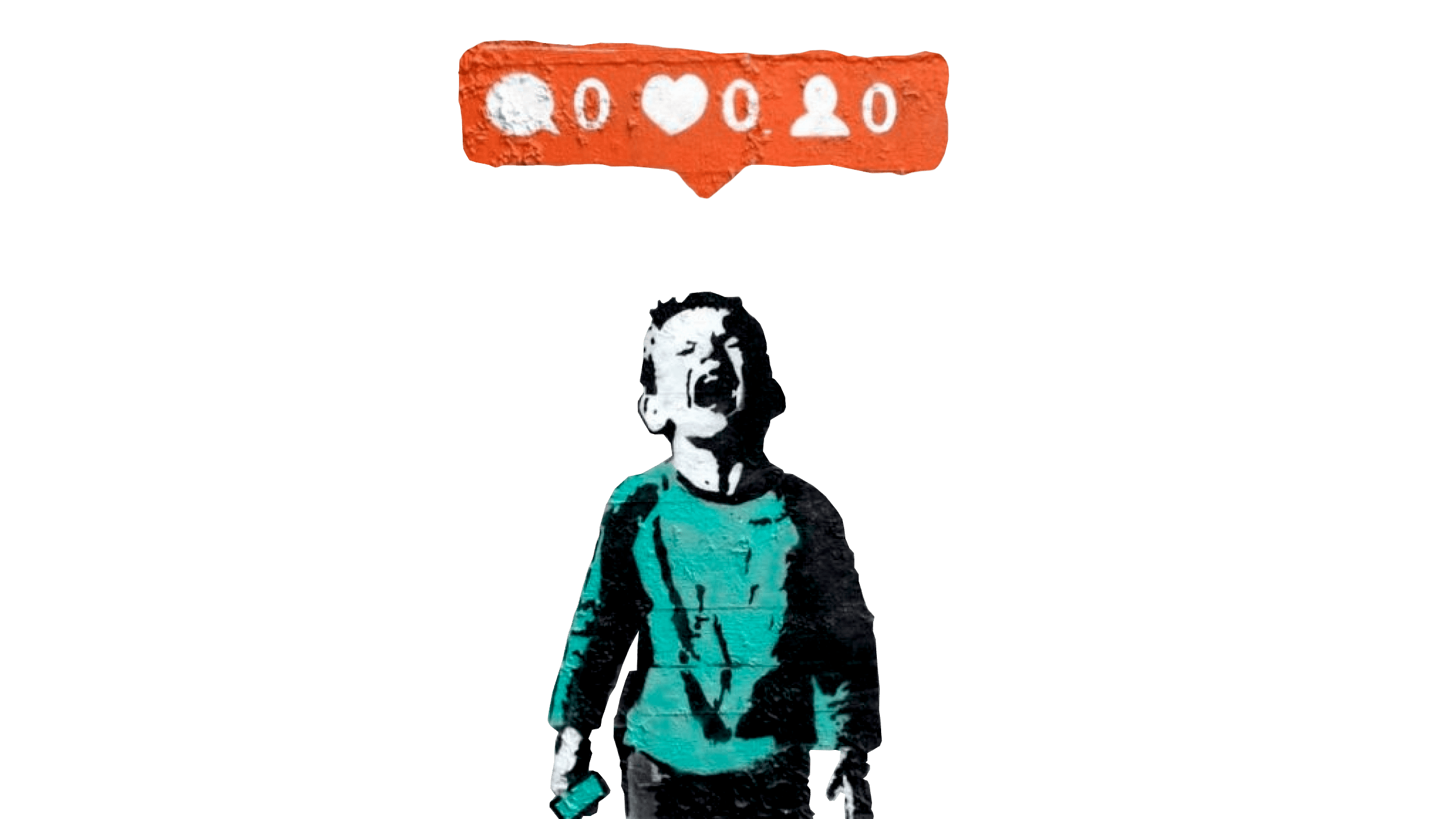
News from Facebook
A brief history of lost time
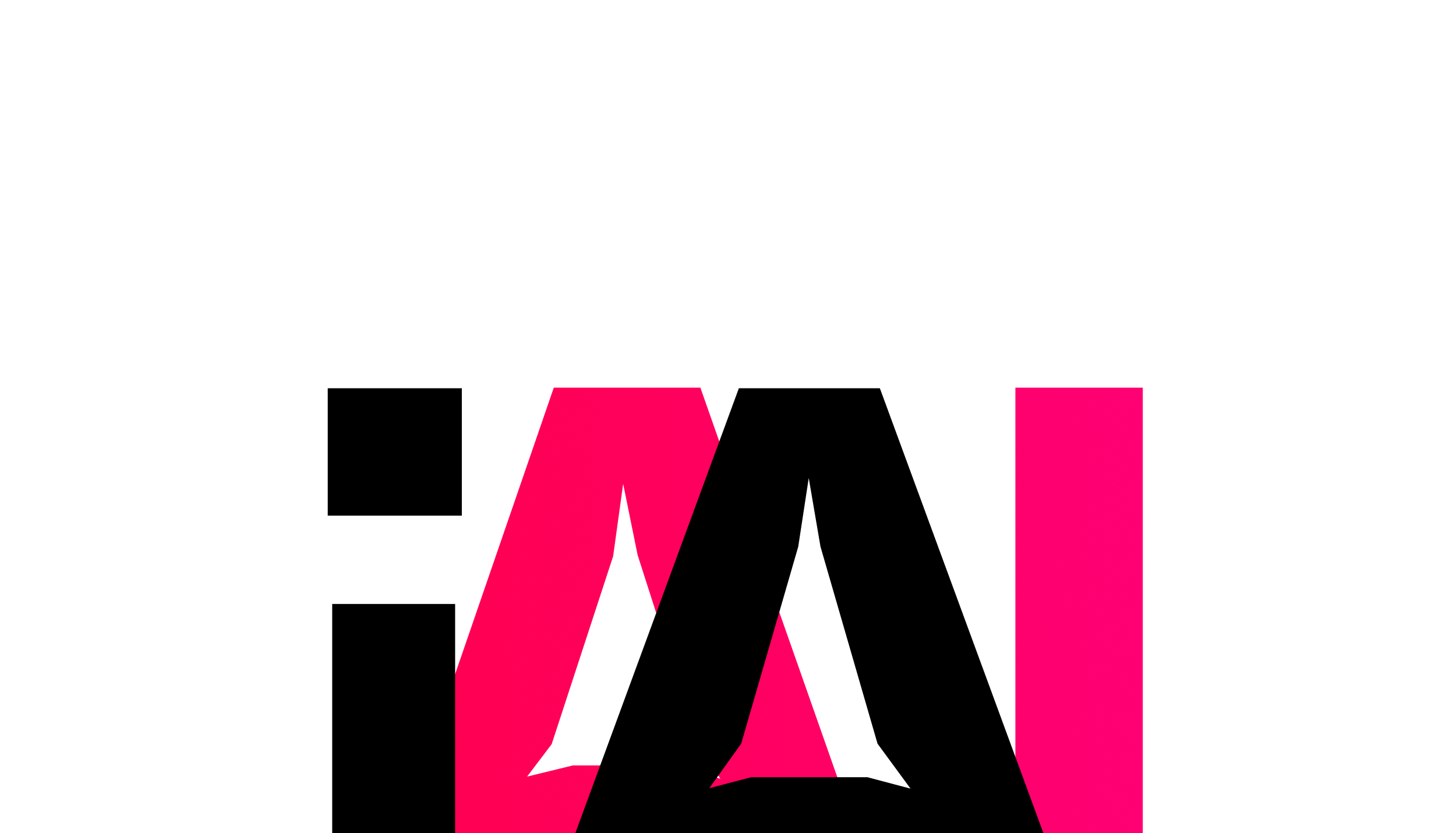
Who serves whom?
When AI things go wrong and no one is responsible

“Art at scale”
Excerpts from Alan Kays emails
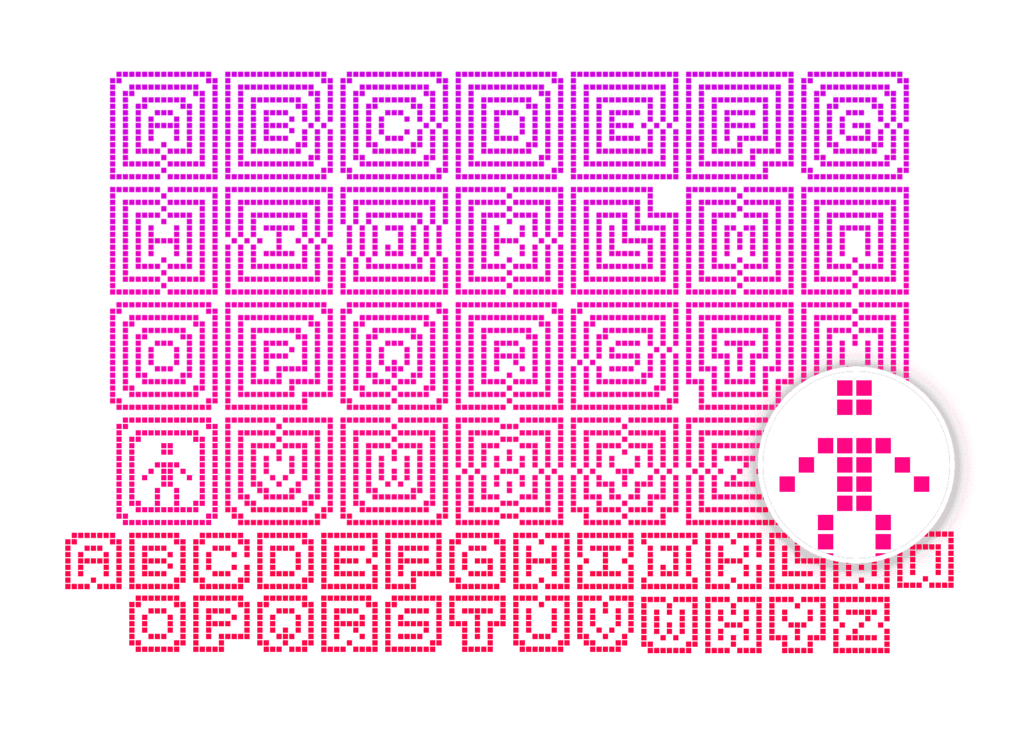
UX Lessons In Game Design
What designers can learn from games
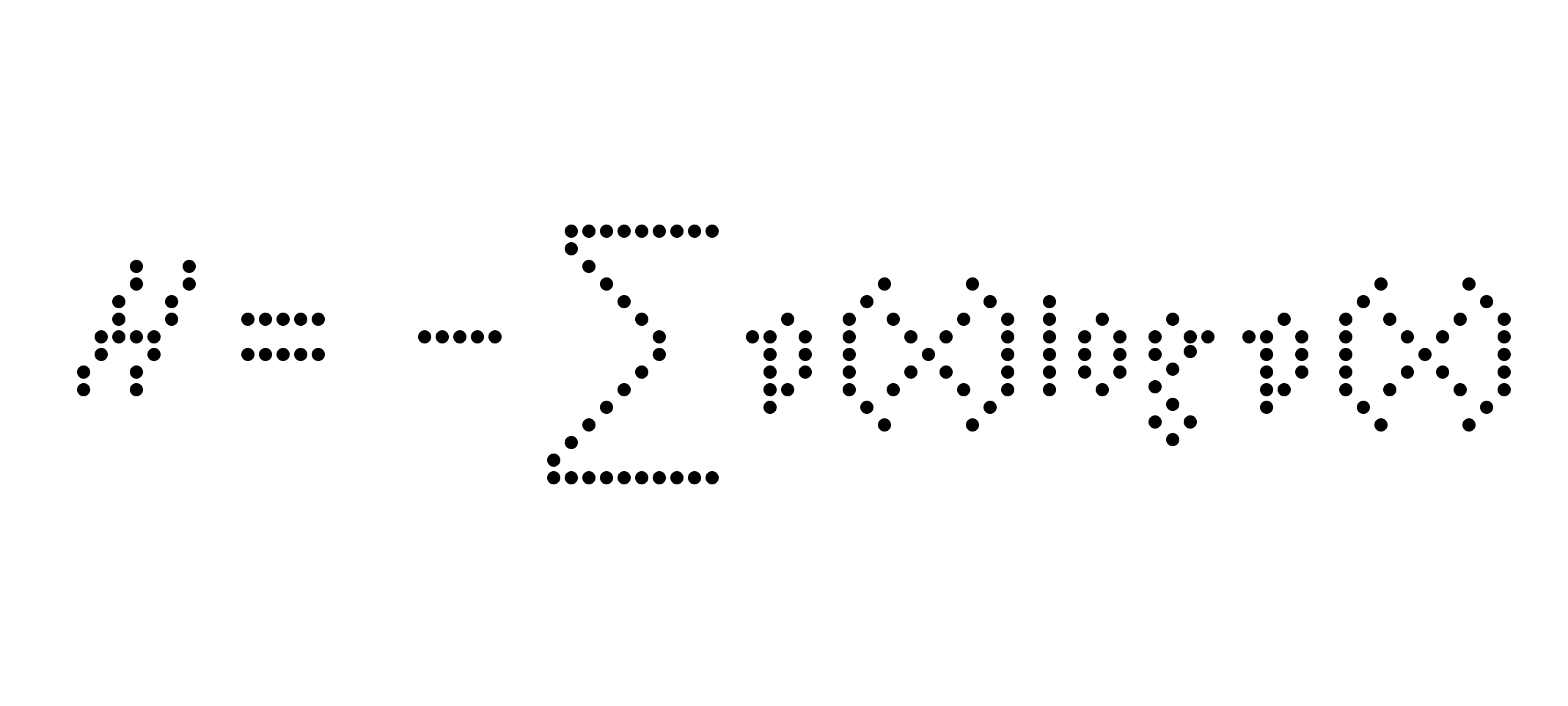
Information Entropy
The Great Internet Garbage Patch

Twitterror
How do you deal with erroneous tweets?
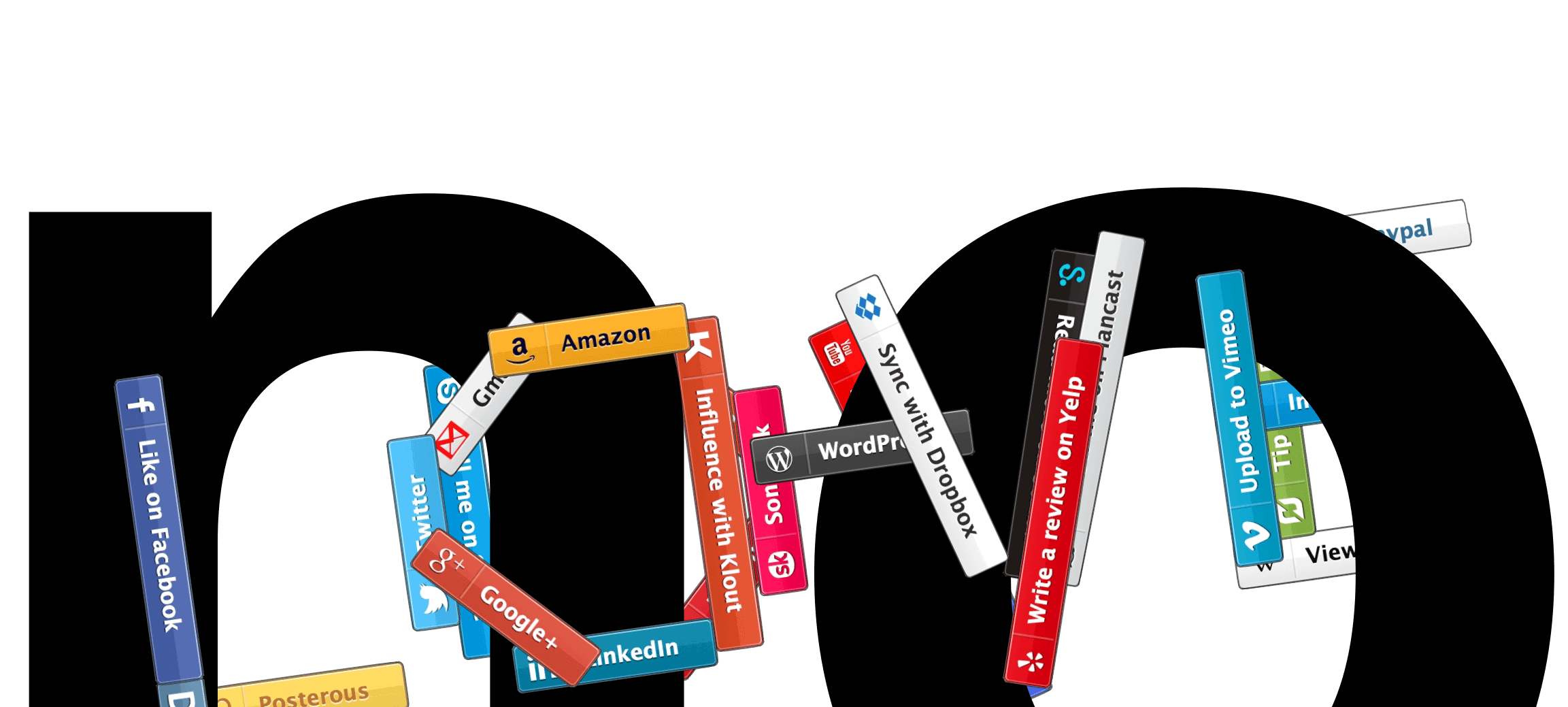
Follow-up to “Sweep the Sleaze”
We are onto something
Improving the Digital Reading Experience
Digital vs analog reading

A Web Designer on Fukushima
Technology and Hubris

Form and Information
A lecture

iPad: Scroll or Card?
“Card Sharks” vs “Holy Scrollers”
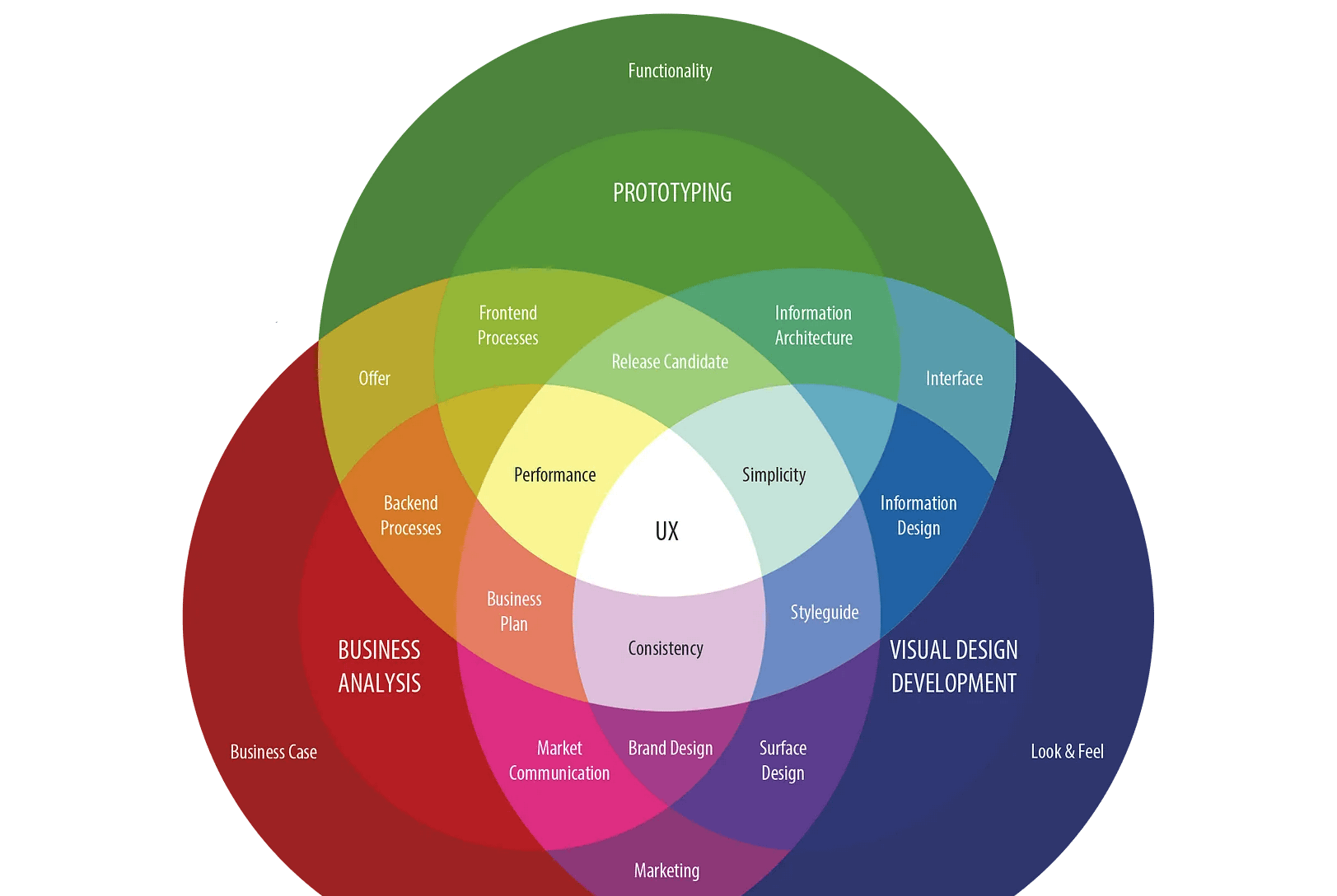
Can Experience be Designed?
Rhetoric and reality

API for News?
Reuters, NYT & iA Inc.

Dynamic Pricing for Digital Goods
We decided to try something new
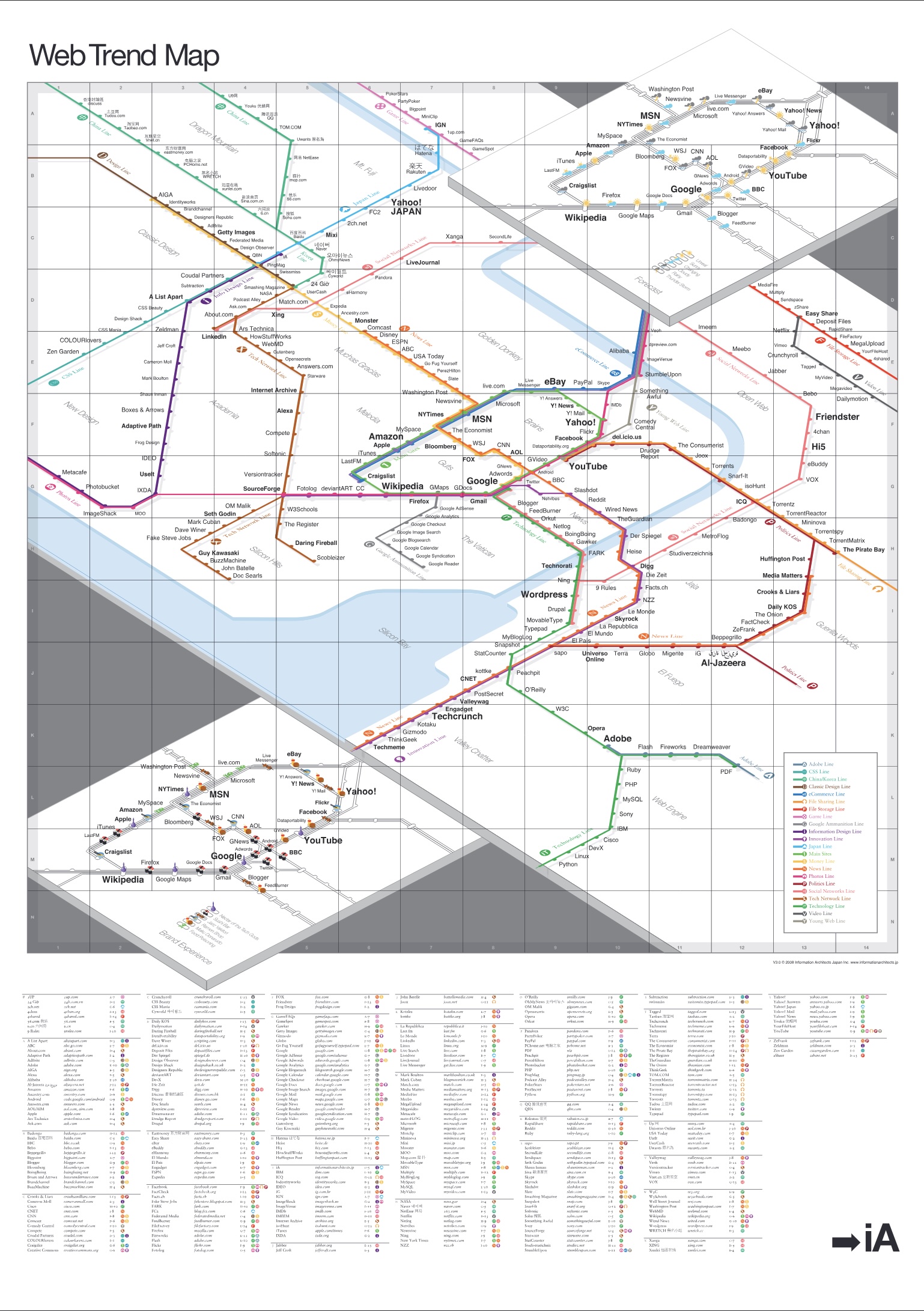
Web Trend Map V3
Das ultimative Tool für Internetfreaks, die Web Trend Map 2008, ist nun als A0-Poster erhältlich.
This is madness!
No, this is Radiohead

Internet 2007 Predictions
Apple, Google, and Co.

Technorati
Big business with bogus data

Web 3.0
You Say You're on a Revolution?

Build a Plane and Fly to Sicily
Never underestimate the artist
Jakob Nielsen, Time Machine?
An interview with the usability guru

Internet Users Visit Only 6 Websites
So what?

